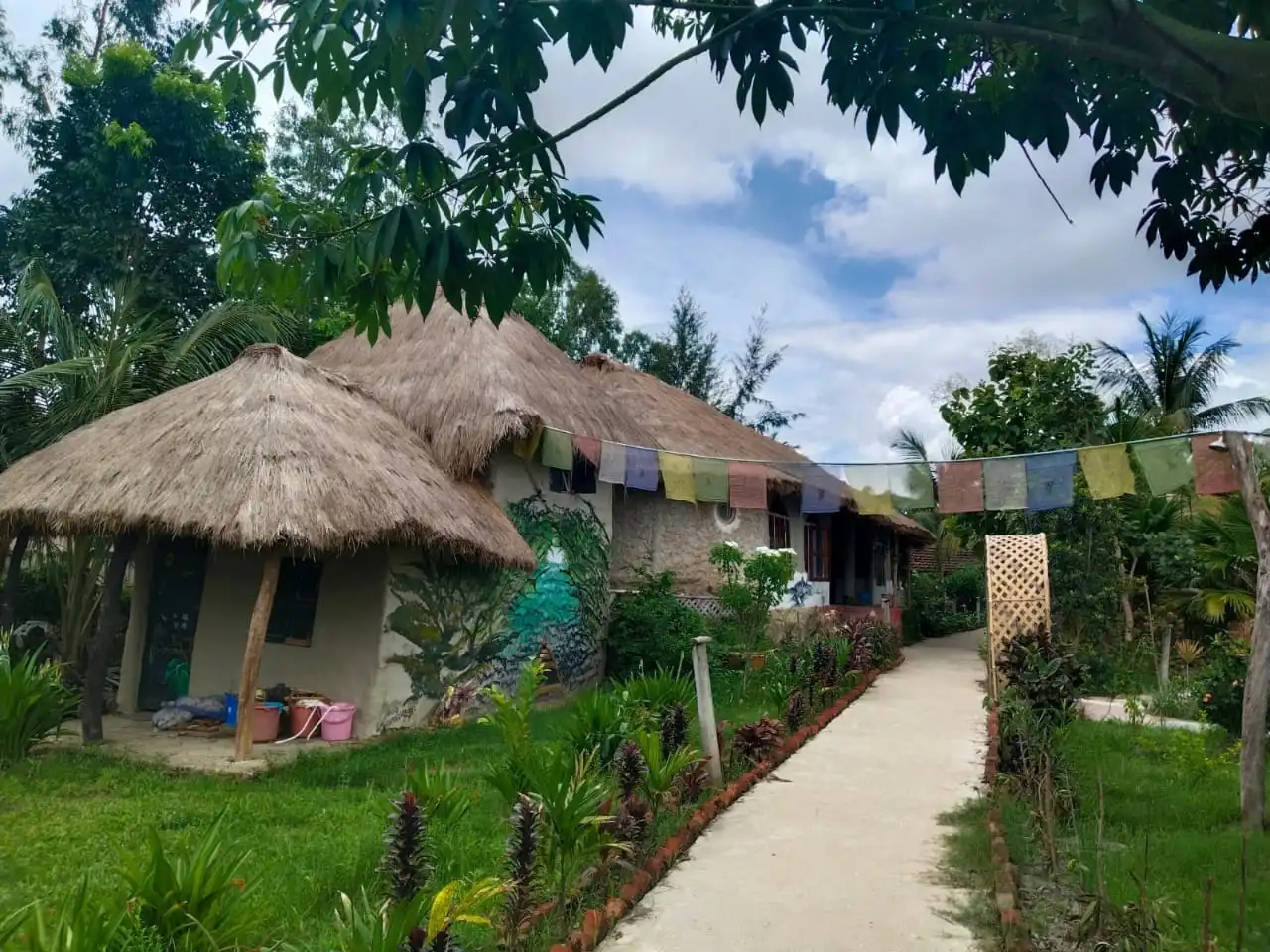Embrace the Joys of Ecotourism: 4 Ideas for Reliable and Sustainable Travel
One of the dreams of many travelers is to set out on a voyage that not only enlivens the spirit but also benefits the environment. One approach to achieve this goal is through ecotourism, which encourages visitors to fully engage with nature while supporting sustainability and conservation. In this overview, we explore the benefits of Sundarban eco tourism and offer four dependable, environmentally friendly travel suggestions that have a lasting effect on both the traveler and the places they visit.

Choose Eco-Friendly Accommodations
Sundarban eco tourism is a form of responsible travel that promotes environmental conservation and supports local communities. It offers a unique opportunity to explore the natural world while minimizing the negative impact of tourism on the environment. In this article, we explore four ideas for reliable and sustainable ecotourism that will allow you to embrace the joys of travel while making a positive impact on the planet.
Look for Green Certifications
When selecting accommodations, look for hotels and resorts that have been certified as environmentally friendly. These certifications ensure that the property has implemented sustainable practices such as energy-efficient lighting, water conservation measures, and waste reduction strategies.
Opt for Local Lodging
Choosing locally owned and operated accommodations helps to support the local economy and reduce the carbon footprint of your trip. Additionally, these lodgings often have a more authentic and immersive experience, allowing you to connect with the local culture and community.
Participate in Conservation Efforts
Volunteer with Local Organizations
Many Sundarban eco tourism destinations offer opportunities to volunteer with local conservation organizations. These activities can include planting trees, cleaning up beaches, and monitoring wildlife populations. By participating in these efforts, you can make a tangible contribution to the preservation of the environment.
Support Conservation Projects
If volunteering is not an option, consider supporting conservation projects financially. Many organizations rely on donations to fund their efforts, and your contribution can make a significant impact on their ability to protect the environment.
Choose Sustainable Transportation
Use Public Transportation
When possible, use public transportation to get around. This reduces the carbon footprint of your trip and supports local infrastructure. Additionally, it can be a more immersive experience, allowing you to interact with locals and experience the culture firsthand.
Choose Eco-Friendly Transportation
If public transportation is not an option, consider choosing eco-friendly transportation such as electric or hybrid vehicles. These vehicles have a lower carbon footprint than traditional gasoline-powered cars and can help reduce the environmental impact of your trip.
Respect the Environment and Local Culture: Sundarban Eco Tourism
Follow Leave No Trace Principles
When exploring the natural world, it is essential to follow Leave No Trace principles. This means leaving the environment as you found it, avoiding littering, and respecting wildlife and their habitats.
Learn About Local Culture
Take the time to learn about the local culture and customs of the destination you are visiting. This can help you better understand and appreciate the local community and their way of life.
Sundarban eco tourism offers a unique opportunity to explore the natural world while making a positive impact on the environment and local communities. By choosing eco-friendly accommodations, participating in conservation efforts, using sustainable transportation, and respecting the environment and local culture, you can embrace the joys of travel while promoting responsible and sustainable tourism.
Conclusion
In summary, tourists that embrace the benefits of Sundarban eco tourism are able to improve the world in addition to developing a stronger connection with nature. It is possible for travelers to guarantee that their experiences leave a lasting legacy of preservation and appreciation for the natural world by implementing trustworthy and sustainable travel practices.
Such as supporting local communities, minimizing environmental footprint, participating in conservation efforts, and respecting indigenous cultures. Recognizing that our activities today influence the landscapes of tomorrow, let us approach the exploration and discovery of our planet with a feeling of reverence and responsibility.
FAQs
How can I ensure that my travel is reliable and sustainable?
To ensure reliable and sustainable travel, consider supporting locally-owned businesses and eco-friendly accommodations, minimizing waste by packing reusable items, choosing low-impact transportation options, and participating in conservation activities or community initiatives.
What are some ideas for reliable and sustainable travel practices?
Four ideas for reliable and sustainable travel include visiting eco-friendly destinations, supporting conservation projects or wildlife sanctuaries, participating in community-based tourism initiatives, and engaging in responsible wildlife viewing experiences.
How can I minimize my environmental impact while traveling?
You can minimize your environmental impact by reducing energy consumption, conserving water, disposing of waste properly, avoiding single-use plastics, and respecting local wildlife and ecosystems.
What are the benefits of ecotourism for local communities?
Ecotourism can provide economic opportunities for local communities by creating jobs, supporting small businesses, and generating revenue for conservation efforts and community development projects.
How can I support indigenous cultures while traveling responsibly?
You can support indigenous cultures by respecting their customs and traditions, seeking permission before visiting sacred sites, purchasing authentic handmade crafts directly from local artisans, and participating in cultural exchange programs or guided tours led by indigenous guides.





